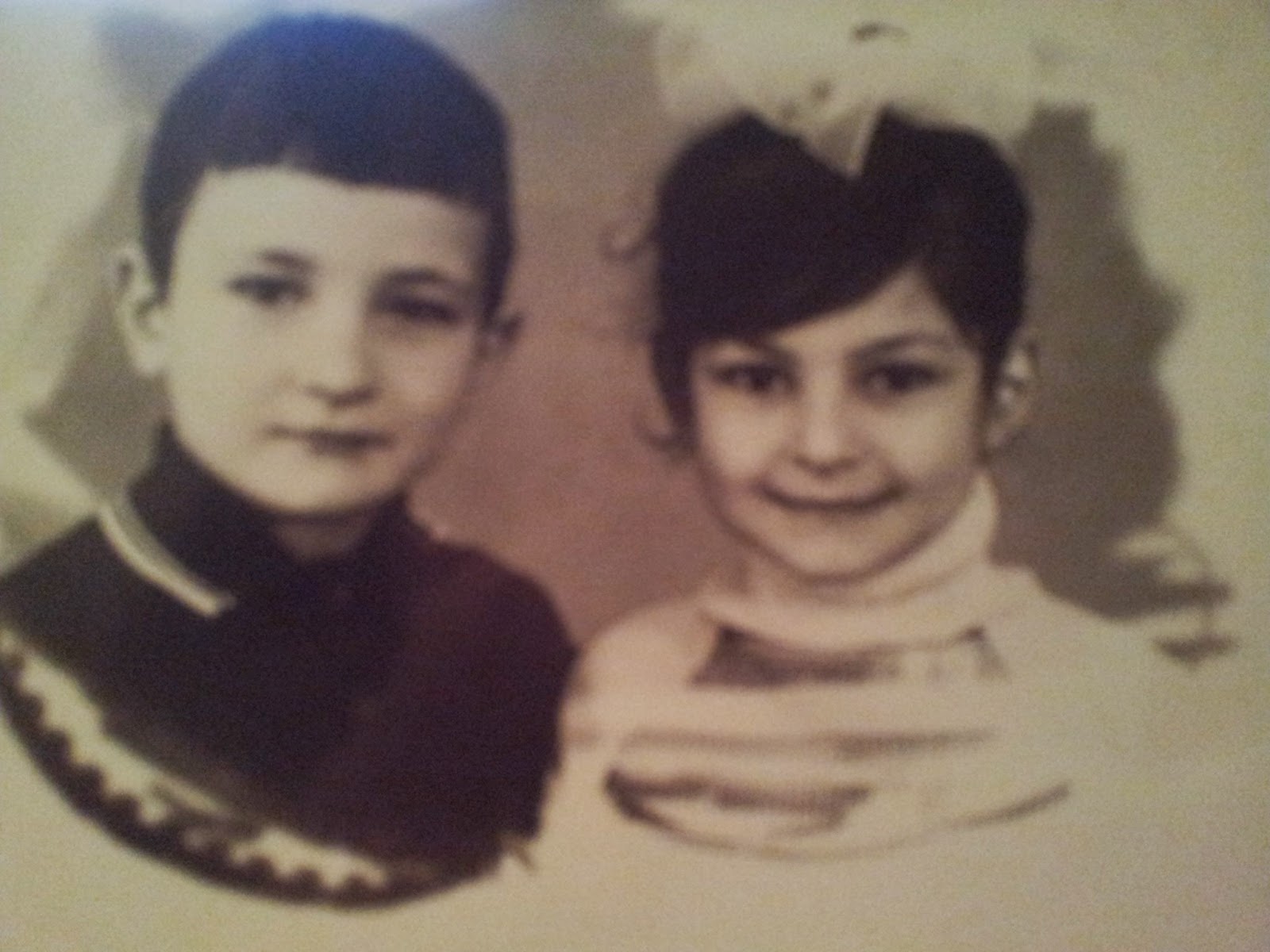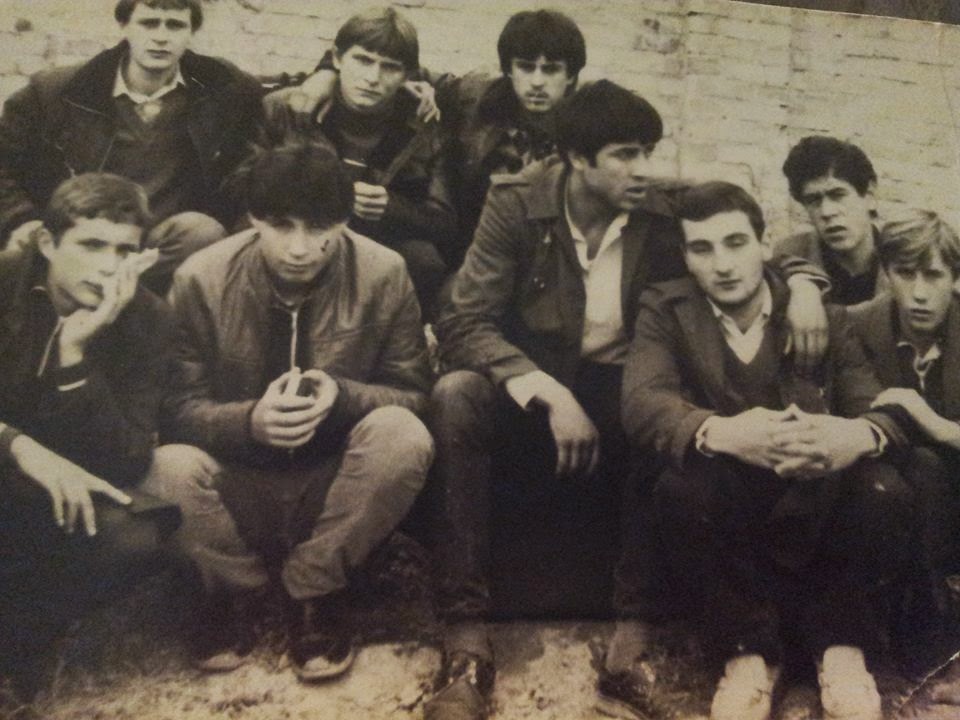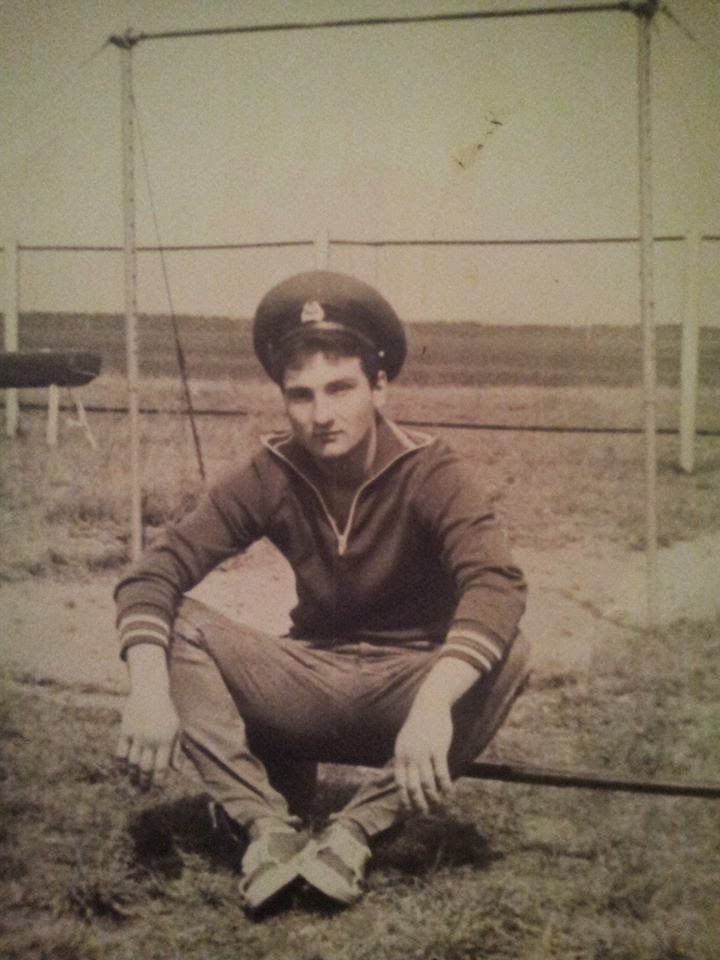"Fear not, for I have redeemed you;
I have called you by name, you are mine."
Isaiah, 43:1b
I'm taking a brief break while mourning Igor's misfortunes and processing all that has gone on so far in 2015. Perhaps this post ties in some way to the continuing story that God is revealing . . .
In March of 2000, fifteen years ago this month, I was just beginning the surprising and agonizing journey of having my very immature faith tested. While trying to convince God of His error in choosing me for adoption, God showed up to state His case. The story is documented in my book, But the Greatest of These is Love.
Yes, I was stubborn, but God was relentless. He pulled out all the stops because He had a boy who needed a family, ASAP. God had chosen my family, but I had all the kids I wanted.
During that period of troublesome angst, I also experienced an awareness of God I had never known before, On two occasions during that period of God drawing me closer to Himself, I was wakened by hearing someone call my name. Out of a dead sleep I heard a loud whisper calling "Debbie." It was so clear, I sat straight up in bed with a racing heart, and answered, "What?'
 |
| Michelangelo, God giving life to Adam |
The Lord's response to Samuel? "See, I'm about to do something that will make the ears of everyone who hears about it tingle."
I recall a memorable incident that happened shortly after God had His way and Roma arrived in our family. I had picked up my precious little bundle of energy from a birthday party. He was babbling on in his broken English about the fun he had experienced at the party, likely his first ever. His new vocabulary was insufficient to describe his joy, so he used loud sound effects and wild arm motions.
My attention was suddenly and unexpectedly diverted as I noticed a street sign at an intersection in an area of town I rarely visited. I had an instant fastback to a murder that happened on that street many years earlier. A man had returned home in the middle of his night shift to shoot his wife as their young children slept. I rolled past the sign in silence. But as I turned to see why Roma had become quiet all of a sudden, he was watching me, his green eyes narrowed. He simply said, "Killing is a terrible thing." I was startled. It was as if he had heard my thoughts.
"What made you say that, Roma?" I asked, trying to be nonchalant.
He just shrugged, and said in his husky, thick accent, "Ah dunno."
I have never forgotten that incident. Most of us have had experienced something like this. It isn't that rare. We say the same words at the same time as a friend, or think of someone, and they call. Even science backs up this mysterious phenomenon. God designed the human brain with such magnificent intricacies, we do not have a human hope in comprehending its depth.
Last summer when I had another period of intimate closeness with God, documented in the Hound of Heaven Winks (most-read post ever) series, I would go into my dark closet, drop to my knees, and plead my case for my lost boy.
I prayed, "Lord, let him hear you call his name." I remembered how powerful that experience had been for me. As I prayed, often I would envision what that would look like. Sometimes in my attempts to help God answer my fervent prayer, I would even call out Roma's name in a loud whisper envisioning I was right by his ear as he slept. I trusted that God could connect my brain with his, even from a distance as far as Maryland to Atlanta, in a powerful, transforming moment.
Recently, just after I posted The Applause of Heaven, I was sharing the story with Roma, the story he will read when he is ready, about the lights going on.
"That would have freaked me out if I'd been home when that happened," Roma confessed. But he was not resistant to talking about it, or even believing such an outrageous story could happen. So I continued.
"Roma, have you ever had an experience you would call, um . . . 'spiritual'"?
He didn't pause for long.
"Well." he started slowly, gauging whether he should continue with his own crazy-sounding story. "Sometimes, when I am sleeping . . ."
He paused as chill bumps covered my arms and I willed my eyes to stay dry because tears are a instant barrier to Roma's vulnerable honesty. I knew what his next words would be.
"I hear a voice calling my name." Having admitted that strange part, he gained momentum. He put his fingertips together and held them close to his ear. "It is like a loud whisper right in my ear." He smiled at his story that seemed to happen on another universe. "And it's annoying."
I laughed, "Yes, Roma, it is annoying. I understand. I've been there!"
I confessed that has been my exact prayer. Roma told me to stop praying that prayer.
I know what it is like to resist that "Call," a call that is annoying, from our human standpoint. That Call that asks the impossible of us, to leave our gods of Comfort and Ease and head down an alternate Road less traveled. I know what it is like to surrender to the Call, if only once in a while, and encounter Supreme JOY.
And I know from experience God is relentless in His Pursuit of His Called. That reassurance gives me a peace that goes beyond human understanding.
I pray. God shows up. He reveals just how much He wants to be close to me, how delighted He is for the moments I have my eyes on Him and "get it." He shows me how powerful our prayers are. So I
will keep praying—more so than before, until I forget and become lazy, again. I pray I will not retreat into the god of ME so far this time.
I wonder if Igor was praying for his young son in March of 2000, as five-year-old Roma was torn from his family and delivered to an orphanage at the same time God began hounding me about adoption. Perhaps God heard the desperate pleas of a devastated and helpless father. Maybe God took a quick look around the world and He chose my family as the best possible match. He could see the big picture of the healing and redemption, and ultimately, JOY, of this divine story.
Yes, I was a project, no doubt. I was a very self-centered lover of comfort, an unwilling participant in the divine drama God drew me to. But God is God. I am no match. I am His. He has called me by name.
And now He has Called Roma.
Continue with Part Eight here.




.jpg)




